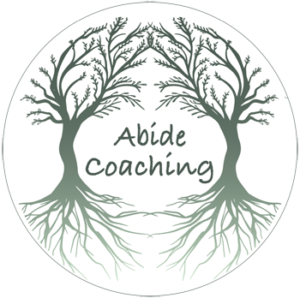Many people with ADHD have depression as a co-morbid condition. They also feel boredom is a way that is painful. The ADHD brain seeks out stimulation. Sometimes making kids and even adults do things that get them in trouble. Sometimes, after hyper-focusing, people with ADHD can feel blue when returning to your regular life that is less stimulating.
It is important to learn what your or your child/teens warning signs are before falling into the blues.
Strategies for coping with boredom:
- Avoid boredom – Intentionally avoid boredom like it is something dangerous. And have a plan when you notice it sneaking up on you.
- Move – Being active engages your mind and your body. It also great for being able to focus better. Jog, walk, play a team sport – whatever you are comfortable with will work. Move daily.
- Passion – Find something that you are passionate about and do it every day.
- Develop a way to make boring activities less boring – Unfortunately, we can’t avoid some tasks that we find boring. So what will make them more interesting? I take notes on my Surface Pro in OneNote using a colorful pen. It makes me smile. Maybe it is reading in funny voices – my daughter did that a lot in school to get through boring readings. Be creative and think outside of the box.
- Create a “what to do I am before I am bored” list – Make a list of things you are interested in that you can refer to when you are bored to turn it around before you slip into a slump.
- Keeping activities on hand – When you are waiting at the DMV, the doctor’s office, etc.; these are a perfect storm for boredom to happen. Carry stuff with you so that downtime doesn’t turn into boredom.
- Stay Busy – A busy schedule is good. I have a client that uses a metaphor about her daily life structure that her schedule is like a trellis and she is a rose bush. The trellis gives her support so that she can grow and blossom.
Depression is serious. Talk to your doctor or your child/teen’s doctor. Often the symptoms of ADHD over shadow symptoms of other conditions so they don’t get diagnosed. While these suggestions might help day to day nothing can replace the care of a doctor for mental health conditions and no one knows you like you or like a parent knows their child keep talking until you find the right doctor. Seek out someone with experience with ADHD.

